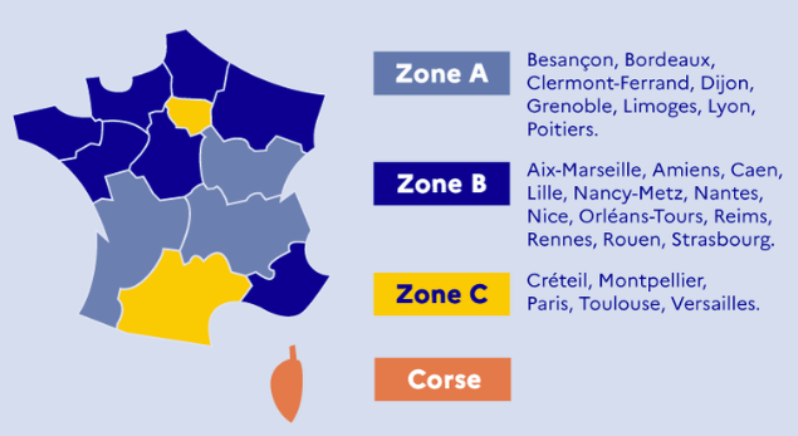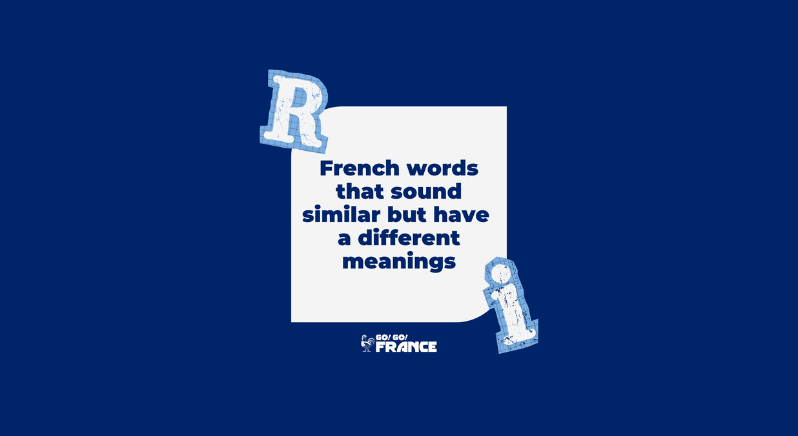Dreaming of launching your career in France after graduation? The job seeker visa offers a fantastic opportunity for international students to extend their stay in France and pursue their professional aspirations.
What is the job seeker visa
Officially known as the “job seeker/new business creator” residence permit (carte de séjour temporaire “recherche d’emploi/création d’entreprise”), this visa is designed for students who have completed their studies in France and wish to remain in the country to seek employment or start a business.
It provides a valuable 12-month window of opportunity to explore career options and establish a professional foothold in France. This visa is for those seeking their first professional experience in France, as well as those who dream of starting their own company.
Note: This article primarily focuses on the job seeking aspect but for those interested in starting their own company, we have more resources on our blog.
Who is eligible
You can apply for the job seeker visa if you meet the following criteria:
- You previously held a long-term student visa (VLS-TS).
- You have obtained a qualifying French higher education diploma, such as a Bachelor’s degree, a vocational degree, or a Master’s degree or equivalent.
You must also demonstrate sufficient financial resources to support yourself during your stay in France. This is typically to can be proven through bank statements or a letter of support from a sponsor similar to the financial requirements for the student visa.
Where and when to apply
You have two options for applying for the job seeker visa, depending on your current location:
- Abroad: If you have already left France after graduating, you can apply at the French consulate in your country of residence. However, you must apply within four years of obtaining your qualifying diploma.
- In France: If you are still in France and your current residence permit is still valid, you can apply at the prefecture in your region of residence. This is generally the preferred option as it allows you to remain in France while your application is processed.

Required supporting documents
Whether you have already left France and now apply at the French consulate in your country of residence, or just graduated and decide to apply at the prefecture in your region of residence, you can typically expect to be required to submit the following documents:
- Passport ID page
- Birth cerificate
- ID photographs
- Diploma obtained in France
- Proof of health insurance
- Proof of accommodation
- Proof of financial means
How to find a job in France
Once you have obtained your Job Seeker Visa, it’s time to embark on your job search journey. Here are some tips to increase your chances of success:
Tailor your resume and cover letter
Adapt your resume and cover letter to the French job market standards, highlighting your relevant skills and experience.
Read more here:
https://gogofrance.com/en/blog/how-to-write-a-french-resume/
https://gogofrance.com/en/blog/how-to-write-a-french-cover-letter/
Practice for your French interview
Preparing for a job interview in a foreign language can be challenging. You can find essential phrases here: https://gogofrance.com/en/blog/job-interview-in-french/, but consider taking a few language courses to practice job interviews with teachers and feel more confident on the day of your interview.

Register with France Travail (Pôle Emploi)
Formerly known as Pôle Emploi, France Travail is the national employment agency. Registering with them gives you access to job listings, career counseling, and workshops to help you navigate the French job market.
The journey may require patience and persistence and navigating the French job market may seem daunting, but you don’t have to do it alone. With the right resources and preparation, you can increase your chances of success.
Read more bout France Travail here: https://gogofrance.com/en/blog/france-travail-pole-emploi-guide/











